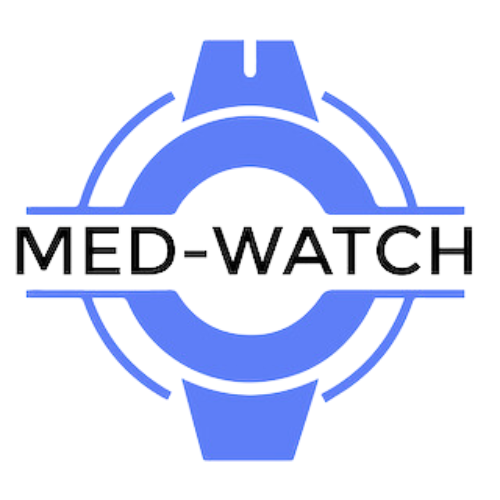Know Your Risk for Heart Disease
You can take steps to lower your risk for heart disease by changing the factors you can control.
Several health conditions, your lifestyle, and your age and family history can increase your risk for heart disease. These are called risk factors. About half of all Americans (47%) have at least 1 of 3 key risk factors for heart disease: high blood pressure, high cholesterol, and smoking.1
Some risk factors for heart disease cannot be controlled, such as your age or family history. But you can take steps to lower your risk by changing the factors you can control.
What health conditions increase the risk of heart disease?
1. High blood pressure - High blood pressure is a major risk factor for heart disease. It is a medical condition that happens when the pressure of the blood in your arteries and other blood vessels is too high. The high pressure, if not controlled, can affect your heart and other major organs of your body, including your kidneys and brain.
High blood pressure is often called a “silent killer” because it usually has no symptoms. The only way to know whether you have high blood pressure is to measure your Blood Pressure. You can lower your blood pressure with lifestyle changes or with medicine to reduce your risk for heart disease and heart attack.
2.Unhealthy Cholesterol Level - Cholesterol is a waxy, fat-like substance made by the liver or found in certain foods. Your liver makes enough for your body’s needs, but we often get more cholesterol from the foods we eat.
If we take in more cholesterol than the body can use, the extra cholesterol can build up in the walls of the arteries, including those of the heart. This leads to narrowing of the arteries and can decrease the blood flow to the heart, brain, kidneys, and other parts of the body.
There are two main types of Cholesterol: LDL (low-density lipoprotein) cholesterol, which is considered to be “bad” cholesterol because it can cause plaque buildup in your arteries, and HDL (high-density lipoprotein) cholesterol, which is considered to be “good” cholesterol because higher levels provide some protection against heart disease.
High blood cholesterol usually has no signs or symptoms. The only way to know whether you have high cholesterol is to get your cholesterol checked. Your health care team can do a simple blood test, called a “lipid profile,” to measure your cholesterol levels.
Diabetes - Your body needs glucose (sugar) for energy. Insulin is a hormone made in the pancreas that helps move glucose from the food you eat to your body’s cells for energy. If you have diabetes, your body doesn’t make enough insulin, can’t use its own insulin as well as it should, or both.
Diabetes causes sugar to build up in the blood. The risk of death from heart disease for adults with diabetes is higher than for adults who do not have diabetes.
Overweight - Obesity is excess body fat. Obesity is linked to higher “bad” cholesterol and triglyceride levels and to lower “good” cholesterol levels. Obesity can lead to high blood pressure and diabetes as well as heart disease. Talk with your health care team about a plan to reduce your weight to a healthy level.
